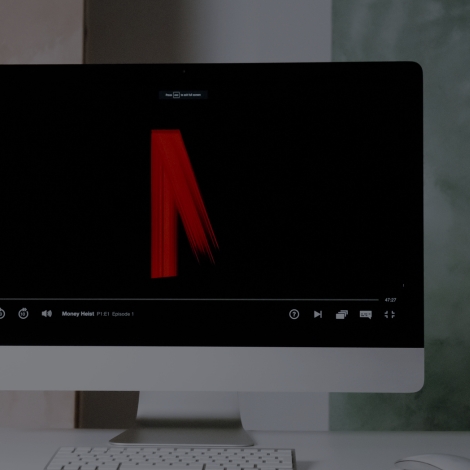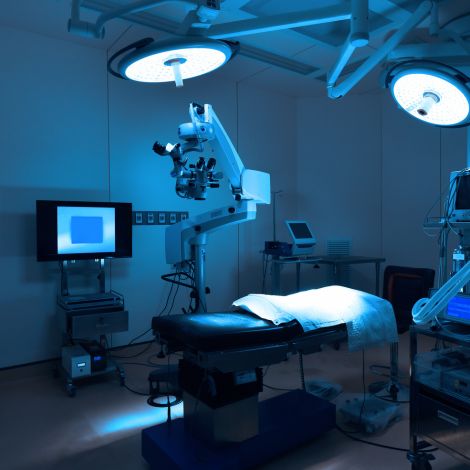
The OpenAI case and what’s at stake for AI and copyright in India
The first legal challenge to generative artificial intelligence models in India surfaced last week when news agency ANI filed a lawsuit against OpenAI in the Delhi High Court alleging copyright infringement.
In this case, a first-of-its-kind in India, New Delhi-based ANI has accused the San Francisco-headquartered...

IP misinformation in India and what to do about it
As India cements its position as one the world’s top innovators, the problem of inaccurate reports relating to IP needs to be addressed, warns Goutam Bhattacharyya of K&S Partners.
In recent years, the significance of intellectual property (IP) laws has evolved in tandem with global innovation, trade and...

India ‘barely scratching the surface’ of IP opportunities: K&S founder
As K&S Partners celebrates its 30th anniversary, founder Jyoti Sagar looks back at the firm’s journey and explains why corporate and IP practices should be kept separate
Read Full...

Future of intellectual property in India: Insights on growth, challenges, and opportunities
In a recent exclusive interview with ET Edge Insights, Ravi Bhola, Managing Partner of K&S Partners, shared his perspective on the evolving landscape of intellectual property (IP) protection and enforcement in India.
The conversation shed light on significant changes over the past few decades, key learnings...

AI and Patents: Key Considerations (India) – Practice Note
A Practice Note discussing key issues concerning patents and AI inventions, including machine learning, neural networks, and deep learning technology, and their applications. This Note discusses recent AI patenting trends, potential types of AI-related inventions, and key issues and best practices for obtaining patent protection for AI-related...

AI and Patents: Key Considerations (India) – Practice Note
A Practice Note discussing key issues concerning patents and AI inventions, including machine learning, neural networks, and deep learning technology, and their applications. This Note discusses recent AI patenting trends, potential types of AI-related inventions, and key issues and best practices for obtaining patent protection for AI-related...

Suppressed Fact Must be Material to allow revisitation of interim injunction
In the case of Novartis AG & Anr. v Natco Pharma Limited, the Delhi High Court dismissed an application by the defendant, Natco Pharma Limited (Natco), an Indian pharmaceutical company, seeking vacation of the interim injunction granted to Novartis AG (Novartis) in 2023 in the ongoing patent infringement suit against...

Netflix and IP – The Rise and Rise of the OTT Platform Globally
In 2007, when Netflix switched from being a DVD rental store to providing online streaming services, the over-the-top (OTT) media service was considered a joke. How could online streaming compete with cable TV? But today, OTT platforms like Netflix, Disney+, and Amazon Prime Video have changed how the world ‘watches TV’!
While Netflix built an...

Maximizing Innovation and Protection in India’s Med-Tech Sector
India’s medical technology (med-tech) device sector, crucial to its healthcare system, offers a wide range of products such as catheters, needles, syringes, cardiac stents and orthopaedic implants.
Valued over 900,000,000,000 Indian rupees (approximately £8,532,661,146) in 2022, it is projected to grow at a CAGR of 16.4%, reaching $50...
Design Protection can be a Game-Changer for India’s Med-Tech Boom
Synergy between design innovation and legal protection will be instrumental in shaping a healthier future
India’s medical technology (med-tech) device sector, crucial to its healthcare system, offers a wide range of products like catheters, needles, syringes, cardiac stents, and orthopaedic implants. Valued over Rs 90,000 crore ($11...

